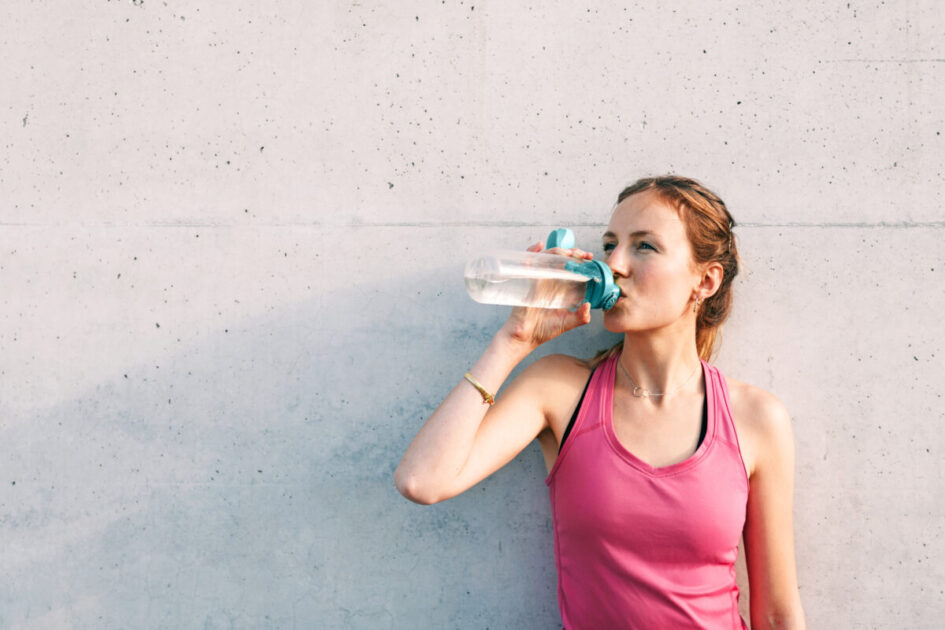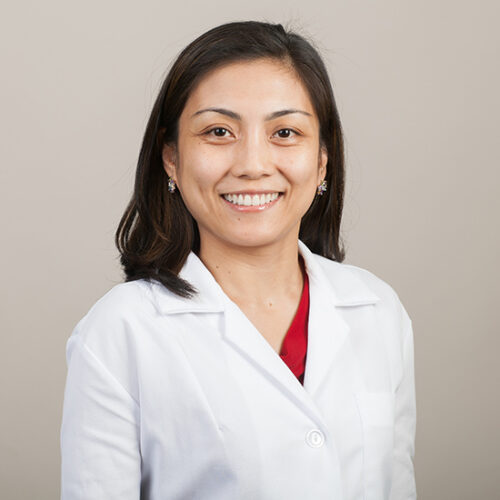Heatwave health tips from Dr. Ranin-Lay’s radio interview
Produced by:


 Listen to the full interview on Radio Catskill’s website
Listen to the full interview on Radio Catskill’s website
With heat indexes soaring past 100°F, the summer sun is doing more than just making us sweat—it’s putting lives at risk. Dr. Maria Ranin-Lay, a primary care provider with Crystal Run Healthcare powered by Optum, is sounding the alarm on the dangers of extreme heat and how we can all stay safe.
“It can be very dangerous, especially for vulnerable populations,” says Dr. Ranin-Lay. “Children, infants, the elderly, and people with chronic conditions like heart disease, asthma, and COPD are most at risk—as are those working outdoors.”
Know the warning signs
Heat exhaustion can sneak up quickly. Dr. Ranin-Lay urges everyone to watch for:
- Excessive sweating
- Nausea
- Dizziness
- Headache
- Rapid heartbeat
If untreated, these symptoms can escalate to heat stroke—a life-threatening emergency marked by confusion, dry and hot skin, and body temperatures of 104°F or higher.
“Heat stroke is a medical emergency. If you see someone with these symptoms, call 911 immediately,” she emphasizes.
Why the “feels like” temperature matters
Even if the thermometer reads 90°F, high humidity can make it feel like 105°F. That’s because sweat doesn’t evaporate as easily, making it harder for the body to cool down.
“Understanding the heat index is crucial,” Dr. Ranin-Lay explains. “It’s not just about the number on the thermometer—it’s how your body experiences the heat.”
Adapting to a hotter future
With climate change making extreme heat more common, Dr. Ranin-Lay encourages everyone to treat heat like any other natural hazard.
Her top tips:
- Plan outdoor activities for early morning or evening
- Wear breathable clothing (cotton over polyester)
- Stay hydrated—aim for 1–2 liters of water daily, with electrolytes if possible
- Use fans, ice packs, and reflective window coverings to cool indoor spaces
No AC? Know where to go
Not everyone has access to air conditioning. Dr. Ranin-Lay stresses the importance of knowing your local cooling centers before a heatwave hits.
“Especially for marginalized communities, it’s critical to know where your local cooling center is,” she says.
Check with your county’s Office of Emergency Services or dial 2-1-1 to find nearby shelters and cooling centers.
Look out for one another
Dr. Ranin-Lay also reminds us to check in on elderly neighbors and those living alone.
“If someone seems confused or dizzy—or if your neighbor suddenly doesn’t recognize you—that could be heat stroke. Don’t hesitate. Call 911.”
Final advice: hydrate and stay aware
“People say, ‘I drink a lot of water,’ but do you know how much? Track it. Bring a bottle, measure it, and drink regularly—even if you’re not thirsty yet.”
And one simple habit she swears by?
“Every morning, I ask Alexa what the temperature is so I can plan accordingly. We need to build that kind of awareness into our daily routine.”

Maria Ranin-Lay, MD
Dr. Bryan Kleinman discusses rising colorectal cancer rates
Dr. Bryan Kleinman discusses rising colorectal cancer rates in younger adults
Read articleChampioning sustainable healthcare: Dr. Elizabeth August on protecting care for New York communities
We’re proud to share Dr. Elizabeth August’s op-ed in USA Today addressing the urgent need to protect care for New York communities and Optum’s role in driving innovation and accessibility.
Read articleDr. Jennifer Menell discusses the power of early cancer detection
Dr. Jennifer Menell discusses how early detection and advanced imaging are changing breast cancer care—and why regular screenings are key to saving lives.
Read articleCold or flu? Dr. Jay Berger helps parents spot the difference
Dr. Jay Berger explains how to tell the difference between cold and flu symptoms in children and shares tips for caring for kids as respiratory illnesses rise during the school year.
Read article